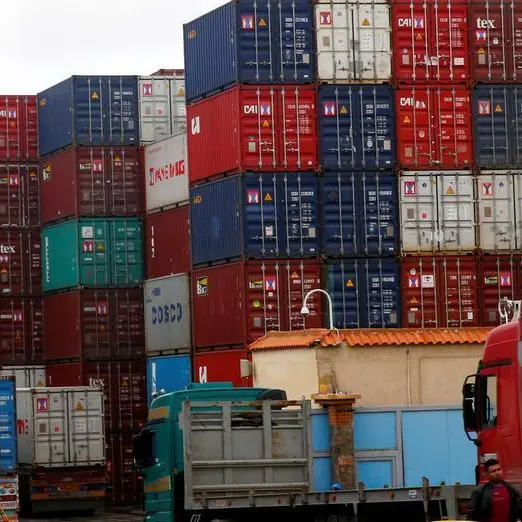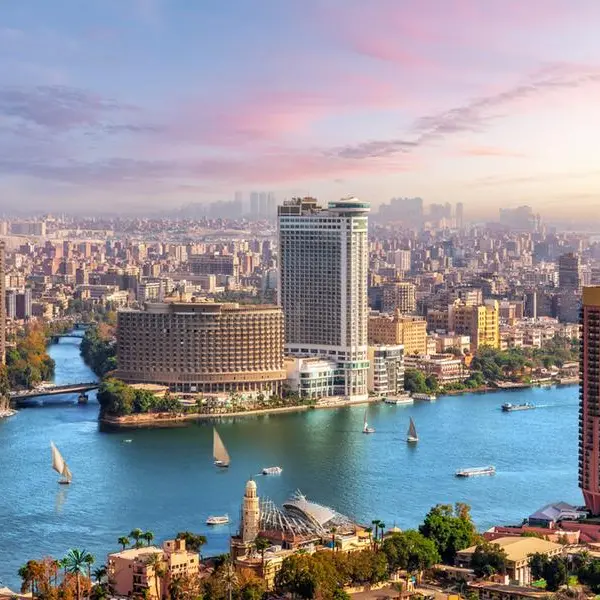PHOTO
WASHINGTON: Talks with Egypt to boost its International Monetary Fund loan program are making excellent progress, the IMF said on Thursday, saying that Egypt needs a "very comprehensive support package" to deal with economic challenges, including pressures from the war in Gaza.
IMF spokesperson Julie Kozack told a regular news briefing that IMF staff and Egyptian authorities agreed on the main elements of program changes under combined first and second reviews of Egypt's existing $3 billion loan, and "authorities have expressed a strong commitment" to them.
She declined to discuss details of the Egypt package as the negotiations are continuing.
Asked about the impact on the talks from challenges posed by the expected entry of Gaza refugees into Egypt, Kozack said: "There is a need to have a very comprehensive support package for Egypt, and we're working very closely with both the Egyptian authorities and their partners to ensure that Egypt does not have any residual financing needs and also to ensure that the program is able to ensure macroeconomic and financial stability in Egypt."
The IMF later clarified in a statement that the comprehensive policy package would "support the economic reform program" in Egypt.
The IMF in January cut its Middle East and North Africa GDP growth forecast for 2024 to 2.9%, down 0.5 percentage-point from October, because of the impacts from the Israel-Hamas war. Egypt's 2024 growth outlook was cut 0.6 percentage point to 3.0%.
The IMF is continuing to monitor the economic impact of attacks on Suez Canal and Red Sea shipping, which is diverting trade flows away from the canal to around the Cape of Good Hope in South Africa, adding time and costs to Europe-Asia voyages, Kozack said.
The fund's PortWatch data platform showed that Suez Canal shipping volumes in the seven days ending Feb. 13 were down 55% from the same period a year earlier, while volumes around the Cape of Good Hope rose nearly 75%.
IMF Managing Director Kristalina Georgieva said earlier this month that prior to the war, Egypt was collecting about $700 million per month in Suez Canal transit fees and was now losing "hundreds of millions of dollars" per month because of attacks by Houthi militants on Red Sea shipping. (Reporting by Andrea Shalal and David Lawder; Writing by David Lawder; Editing by Bernadette Baum, Mark Potter and Leslie Adler)




















